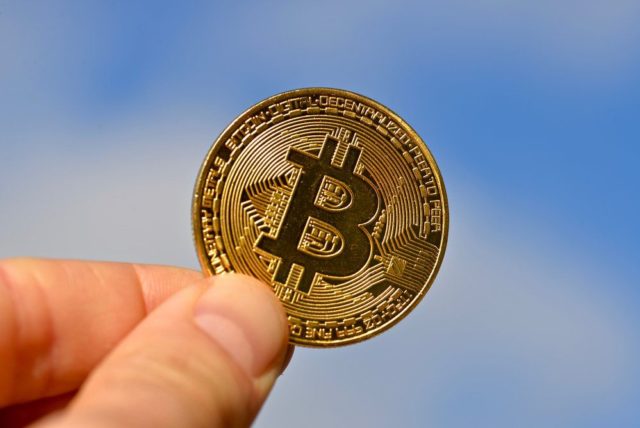Bank of Japan (BoJ) board member Hajime Takata made some comments on the bank’s policy outlook and economic outlook during his speech on Thursday.
Key quotes
Japan’s economy is recovering moderately, although there are some signs of weakness.
Equity and currency markets have seen significant volatility, but we still see achieving our inflation target within sight.
We are seeing further increases in import prices.
We should be alert to the possibility of a new wave of price increases, given the impact of the rise of the Yen in early August.
It is difficult to determine the precise level of Japan’s natural interest rate.
Japan’s current real interest rate is below the estimated natural interest rate, meaning monetary conditions remain accommodative.
The after-effects of the market turbulence in early August remain, so we must scrutinize the impact for the time being.
Market reaction
At the time of writing, USD/JPY is maintaining its renewed rally, still flat on the day at 143.70.
Bank of Japan FAQs
The Bank of Japan (BoJ) is the Japanese central bank, which sets the country’s monetary policy. Its mandate is to issue banknotes and carry out monetary and foreign exchange control to ensure price stability, which means an inflation target of around 2%.
The Bank of Japan has been pursuing ultra-loose monetary policy since 2013 in order to stimulate the economy and fuel inflation amid a low-inflation environment. The bank’s policy is based on Quantitative and Qualitative Easing (QQE), or printing money to buy assets such as government or corporate bonds to provide liquidity. In 2016, the bank doubled down on its strategy and further relaxed policy by first introducing negative interest rates and then directly controlling the yield on its 10-year government bonds.
The Bank of Japan’s massive stimulus has caused the Yen to depreciate against its major currency peers. This process has been exacerbated more recently by a growing policy divergence between the Bank of Japan and other major central banks, which have opted to sharply raise interest rates to combat decades-high inflation. The Bank of Japan’s policy of keeping rates low has led to a widening spread with other currencies, dragging down the value of the Yen.
The weak yen and the surge in global energy prices have caused Japanese inflation to rise, exceeding the Bank of Japan’s 2% target. However, the Bank of Japan believes that a sustainable and stable achievement of the 2% target is not yet in sight, so a sharp change in current monetary policy seems unlikely.
Source: Fx Street
I am Joshua Winder, a senior-level journalist and editor at World Stock Market. I specialize in covering news related to the stock market and economic trends. With more than 8 years of experience in this field, I have become an expert in financial reporting.






